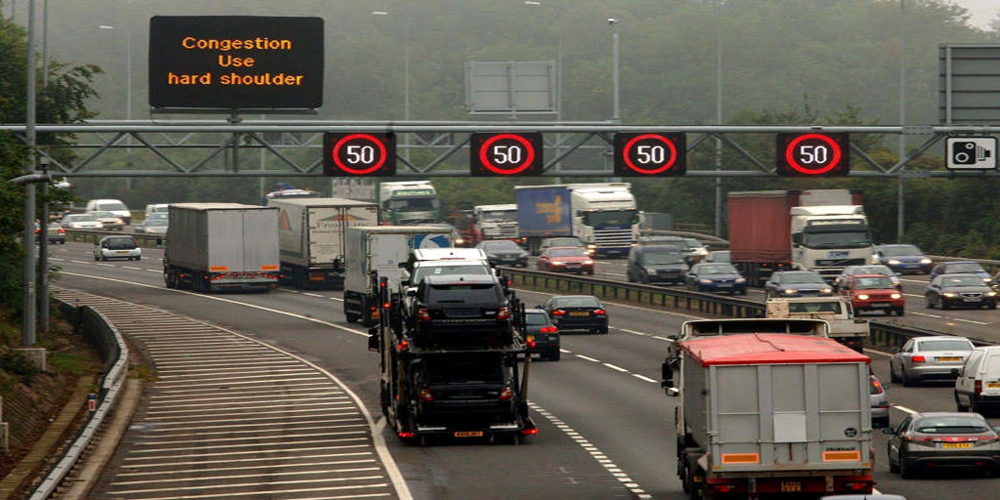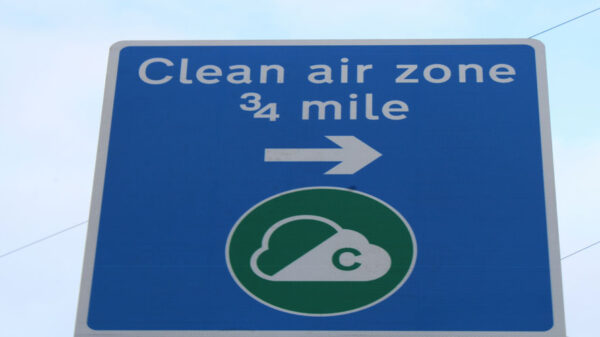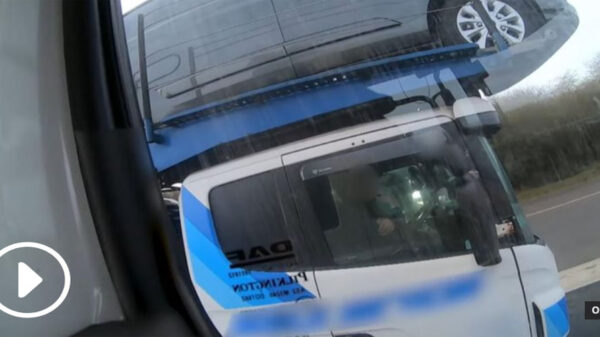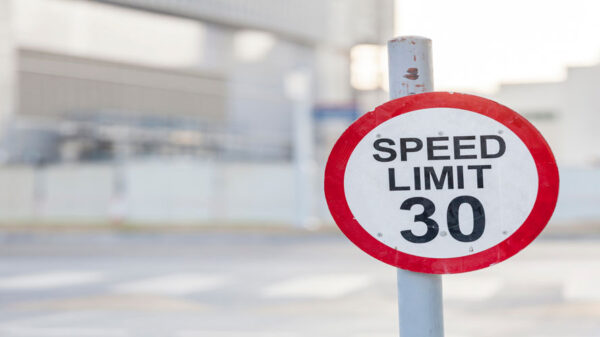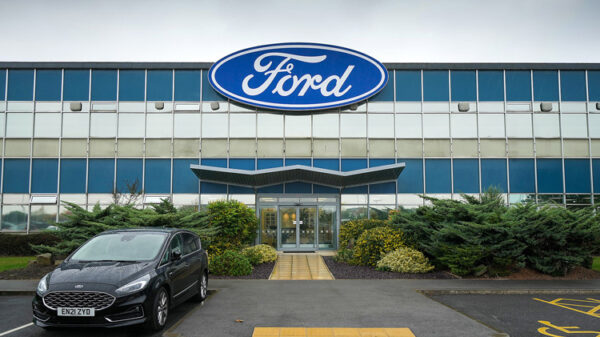Drivers Face Paying Hundreds of Pounds to Park at Work.
Commuters who drive to work could be charged hundreds of pounds a year for a parking space under the latest green initiatives being considered by councils. Workplace parking levies are being contemplated in more than 12 towns and cities in England to reduce congestion, the Daily Mail reports.
Under the proposals, city centre businesses would be charged up to £1,000 a year for each parking space they have. Council officials say parking levies are a way to reduce traffic congestion and pollution while at the same time raising money to invest in sustainable public transport projects.
But the RAC described the schemes as a “tax on going to work” and pointed out that employees are likely to be the ones who end up paying for them.
This is already the case in Nottingham, the only English city to have adopted the model so far, where more than half of the costs have been passed on to staff, including care workers, teachers, and community workers.
A Daily Mail audit found that workplace parking levies are under discussion in Bath, Birmingham, Brighton, Bristol, Cambridge, Colchester, Leicester, Luton, Norwich, Oxford, Warrington, and the London boroughs of Hounslow and Camden.
Councils in Cambridge and Hounslow are planning to charge the most, at up to £1,000 per space per year. Elsewhere, Leicester is considering a £550 annual charge, while Bristol is eyeing a £400 levy.
Motorists are already being hit hard in the pocket by soaring petrol prices amid the cost of living squeeze, and the RAC said the rollout of workplace parking levies would affect those on lower incomes the hardest.
Roads policy chief Nicholas Lyes said: “The cost will almost certainly be passed down to workers, so in effect, it becomes a tax on a person going to work. This especially affects lower-paid workers who may not have any other way of getting to work.”
Nottingham’s workplace levy was introduced in 2012. At present, the city council charges £428 per space, but this will rise to £458 from April in line with inflation.
As for the other councils considering introducing their own schemes, a report by the Greater Cambridge Partnership estimates that a levy of £1,000 per space would bring in £13 million a year for the city.
Meanwhile, the London Borough of Hounslow set out options of £500, £750 or £1,000 per space and estimated it could generate between £44 million and £95 million over 25 years.
In Leicester, the city council reckons it could raise £95 million over 10 years for long-term transport investment.
Source: RAC News





